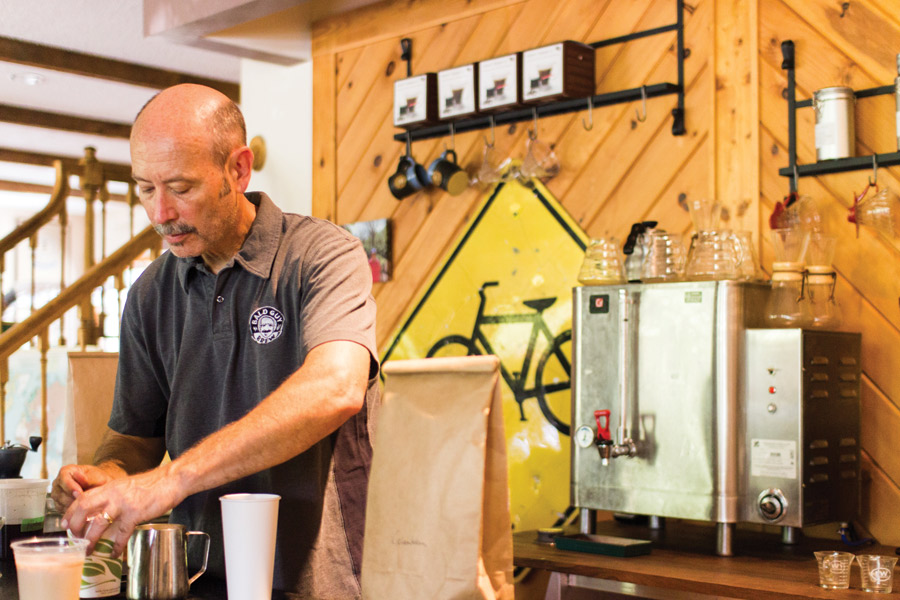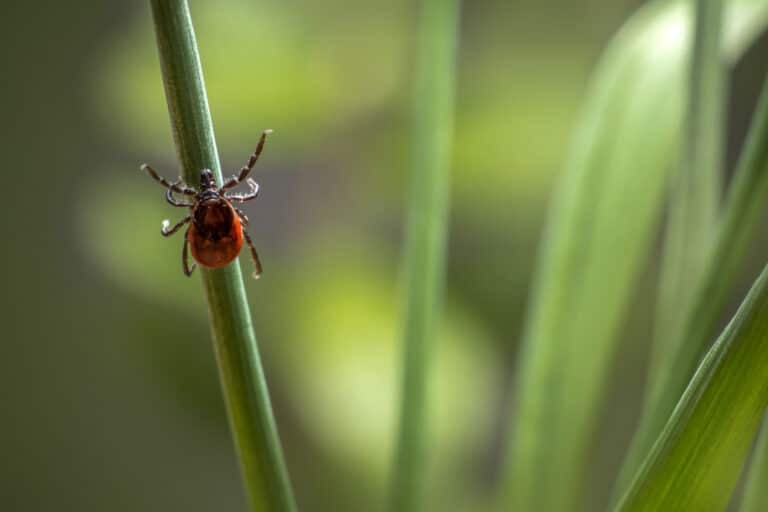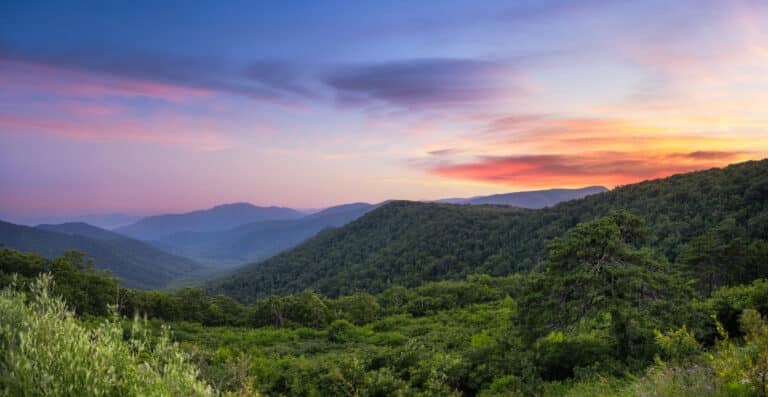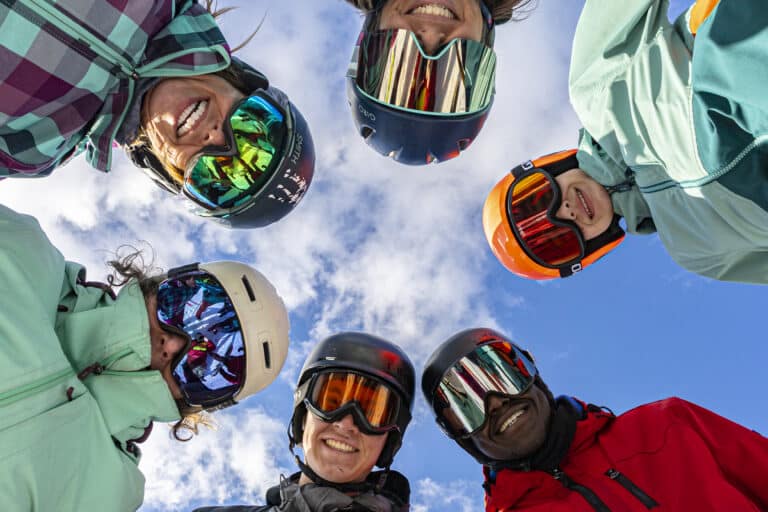“That coffee you’re drinking? The guy who grew that got shot in the head last week.”
The couple casually sipping on their just-purchased cup of joe pause, unsure of how to react to the bald man standing before them. Is he joking? Is he serious? For a moment, the four of us stand on the front porch of Bald Guy Brew with only the sound of cars idling through downtown Valle Crucis, N.C., to break the silence. The woman nervously laughs and takes another sip.
“What’s in your cup matters,” he continues, patting a sack of unroasted Mexican coffee beans that has just arrived. Considering the blunt delivery of his message, the couple recovers surprisingly well and begins to ask questions to the bald guy.
That bald guy is the Bald Guy of Bald Guy Brew Roasting Company. His name is Don Cox, and he’s just about as complex of an individual as the third-world coffees he roasts in his little shop in western North Carolina. An Appalachian State University alumnus, carpenter, priest, aspiring cyclist, and “grunt” of Bald Guy Brew, Cox’s diverse array of life experiences and interests can be seen in every corner of the coffee shop.
Framed photographs of Rwandan refugees adorn the walls, bike jerseys hang off the handlebars of Cox’s commuter ride, and a stack of coffee sacks from around the globe sit in a chest-deep pile by the main roaster, Lucille.
“She’s got a nice groove, like B.B. King’s guitar,” Cox says, nodding toward the roasting machine that’s loudly churning freshly roasted coffee beans.
The machine isn’t tucked away in some back room of the coffee shop. Instead, Cox has it on display so customers can see the roasting process, from green coffee bean to delicious caffeinated beverage. Cox’s wife Shannon is a schoolteacher, so he’s well versed in the ways of education. There’s a story behind every photograph, a lesson in each empty sack of coffee, but his main platform for helping educate others on “what’s in your cup,” is his bike.
“I’m not a cyclist,” Cox says. “I’ve fallen off my bike more than I’ve ever ridden it. Plus, a bald guy in spandex…bad.”
Don’t let his modesty fool you. Cox has spent his fair share of hours in the saddle. After diving into the coffee growing industry during a three-year stint in Mexico, Cox was invited to work with genocide survivors in Rwanda where he came up with the Beans for Bikes initiative. In the spring of 2011, Cox hopped on a bike in Wrightsville Beach, N.C., and pedaled his way home to Boone with 100 pounds of Rwandan coffee on board. His mission? For every mile he rode, a backer would pledge $1 to the initiative to help fund the production of bikes for coffee growers in Rwanda.
“It was amazing…that I made it,” Cox says laughing. “I helped raise over $5,000. I think I was younger and dumber. But, now I’m older and dumber so I’m going to do it again.”
This fall, Cox plans to hop back on the bike and reverse his trip, this time pedaling to Wrightsville Beach from Boone with 100lbs of Costa Rican coffee. The goal now is to raise funds to create a research and development farm in Costa Rica. The farm will serve as an educational project to help coffee growers, which will in turn create a standard to open up the doors for market access. If you’ve ever wondered what “fair trade” really means, this is it.
“We exist to empower coffee growing communities rather than exploit them,” Cox says. “Coffee has to be doing good things for us and it has to be good. So if it’s good, and it’s doing good, it’s kind of a win.”
Since starting his business in 2011, Cox has made every effort to provide eco-friendly, socially responsible, artisanal coffee. From the bio-fueled, solar-powered Dodge Sprinter van where Bald Guy Brew began to the 4,500 pounds of coffee beans that have now been distributed to wholesale clients entirely by bike (3,800 of those by Cox himself), this bald guy doesn’t just talk the talk – he rides it too.
“Why do I ride bikes to promote Bald Guy’s mission of doing good? It’s because if I walk carrying coffee it will take too long,” he says. “I think small businesses can make a difference without having a lot of money. You have to be who you say you are and do what you say.”
It’s a lot easier said than done. From coffee shareholder politics to clogging up the injectors of his van while trying to make his own biofuel, Cox has built his business from the ground up, largely through trial and error.
“I have a 9-year-old and a 12-year-old who were six and nine during that Beans for Bikes ride,” Cox says. “They saw their old man humpin’ up a mountain on a bike with a bunch of coffee trying to make a difference in the world. I just want my boys to know that there’s another way to live. We don’t have the ability to write fat checks, but I have a bike.”








